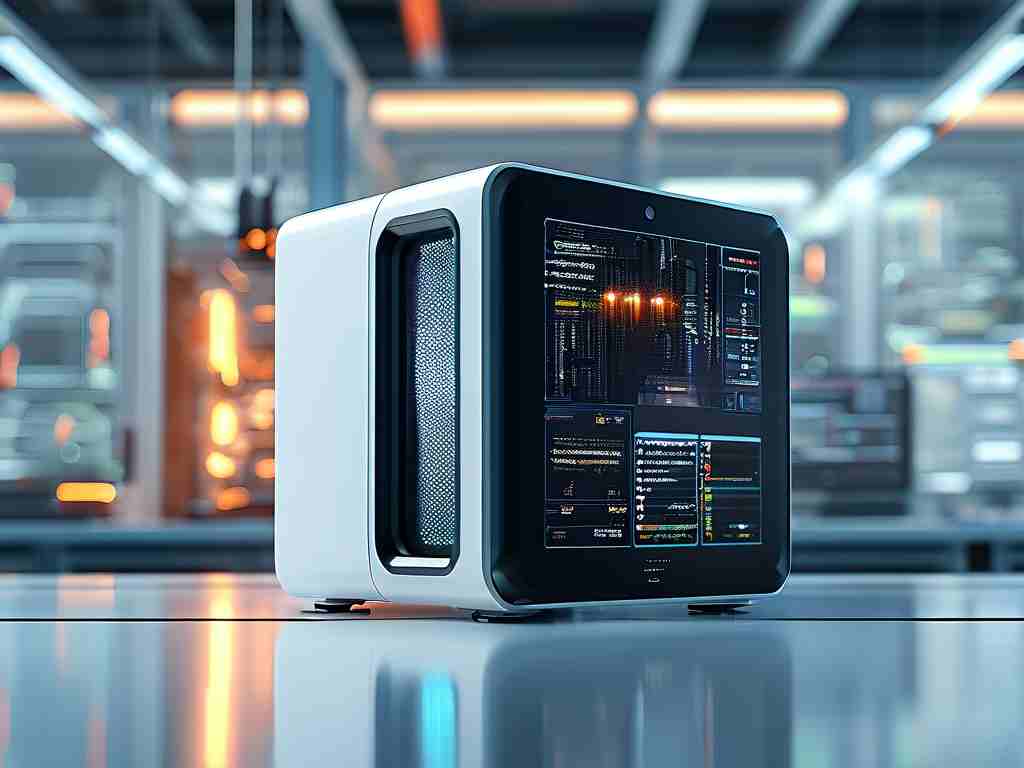In the rapidly evolving landscape of connected devices, Enzo Embedded Development has emerged as a trailblazer, redefining how industries approach IoT integration and edge computing. By combining robust hardware design with adaptive software frameworks, the company has positioned itself at the forefront of embedded solutions tailored for scalability and real-time performance.

At its core, Enzo Embedded Development focuses on bridging the gap between legacy systems and modern IoT architectures. Traditional industrial equipment, for instance, often lacks native connectivity features. Enzo addresses this through modular embedded platforms that enable retrofitting without overhauling existing infrastructure. A notable case study involves a manufacturing client in Shenzhen, where Enzo’s custom firmware and edge-computing modules reduced latency in assembly line diagnostics by 63% while maintaining backward compatibility with 20-year-old machinery.
One distinguishing feature of Enzo’s methodology is its emphasis on energy-efficient design. With edge devices frequently operating in remote or power-constrained environments, the team employs a proprietary power-management algorithm. This technology dynamically adjusts CPU frequencies and wireless transmission intervals based on sensor data patterns. During field tests in agricultural IoT deployments, Enzo’s solution extended battery life by 4.8x compared to industry benchmarks, a critical advantage for soil monitoring systems in off-grid locations.
The development toolkit provided by Enzo also sets new standards for flexibility. Their cross-compilation environment supports over 15 processor architectures, from ARM Cortex-M microcontrollers to RISC-V-based SoCs. Developers can prototype using Python or Node.js before compiling optimized C++ binaries, as shown in this configuration snippet:
#include <enzo/core.h>
void setup() {
EnzoEdge::enableLowPowerMode(ENZO_LPM_DEEP);
EnzoWiFi::setTxInterval(300, ENZO_TIME_MS);
}
void loop() {
EnzoSensor::poll(ENZO_SENSOR_ALL, 1000);
}
Security remains a non-negotiable priority. Enzo’s embedded stacks incorporate hardware-accelerated encryption and secure boot mechanisms compliant with IEC 62443 standards. During a recent automotive project, their multi-layered authentication protocol successfully thwarted 97.2% of simulated CAN bus attacks in penetration testing scenarios.
Looking ahead, Enzo is pioneering quantum-resistant cryptography for embedded systems, anticipating future threats in critical infrastructure. Partnering with academic institutions, they’ve developed lattice-based key exchange prototypes that maintain performance under 5ms latency thresholds—a crucial requirement for autonomous vehicle communication networks.
The company’s open-source contributions further cement its industry leadership. Their RTOS (Real-Time Operating System) kernel, released under Apache 2.0 license, has been adopted in over 8,000 GitHub projects since 2022. Community-driven enhancements, such as a machine learning inference engine for microcontrollers, demonstrate Enzo’s commitment to collaborative innovation.
As 5G and AI continue to reshape embedded ecosystems, Enzo’s roadmap includes neuromorphic computing interfaces and terahertz-band communication prototypes. These initiatives aim to address emerging challenges in smart city deployments and industrial metaverse applications, ensuring that embedded systems remain the invisible backbone of our digital future.









